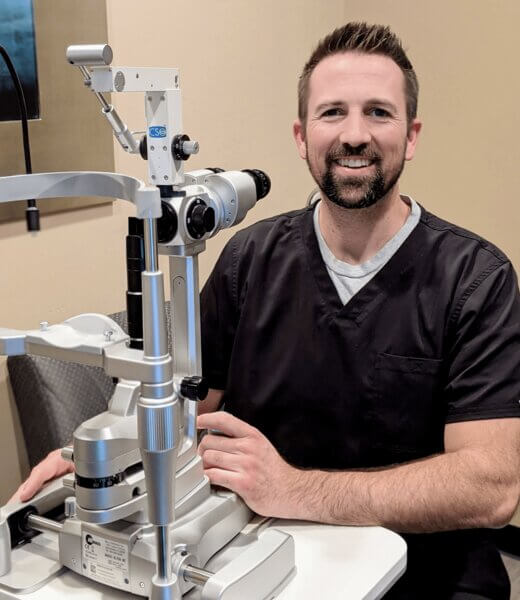The Tatum Eyecare Scleral Lens Clinic specializes in the fitting of Scleral Lenses, Hybrid Contacts, and Corneal Refractive Therapy (CRT). These lenses require more time, expertise, and special equipment to fit correctly. However, when fit properly, they can offer amazing visual and therapeutic results.
Scleral Lenses
Scleral lenses are custom designed highly oxygen permeable contact lenses that rest on the sclera (white part of the eye). These lenses are typically about twice the size of a standard rigid gas permeable (RGP) lens and slightly larger than a soft contact. Because these larger lenses rest directly on the sclera they are much more comfortable than the traditional smaller RGP lenses that lie directly against the highly sensitive cornea.
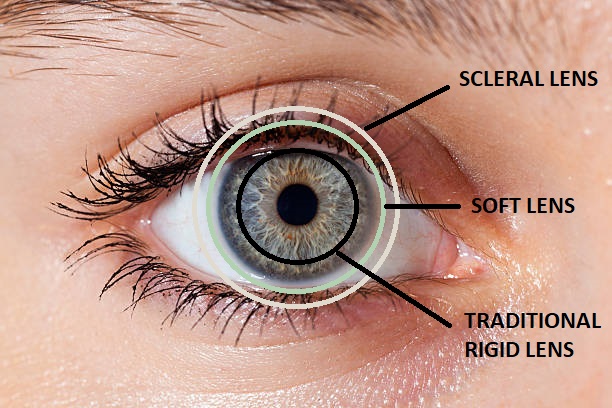
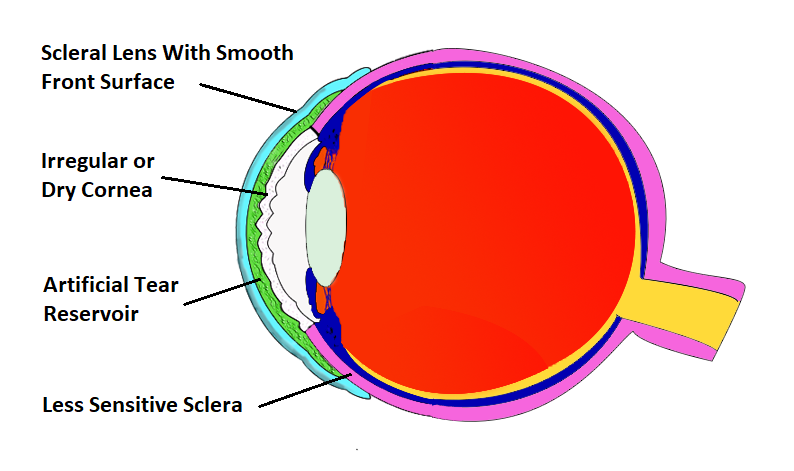
- Corneal trauma
- Keratoconus
- Pellucid Marginal Degeneration
- Keratoglobus
- Corneal deformities from previous refractive surgery or corneal transplant
- Corneal irregularities from scars, dystrophies or ocular surface disease
- Extremely dry eye
- Sjogren’s Syndrome
- Stevens-Johnson Syndrome
- Graft Versus Host Disease
- Keratoconjunctivitis Sicca
- Neurotophic Keratitis
- Recurrent Corneal Erosions
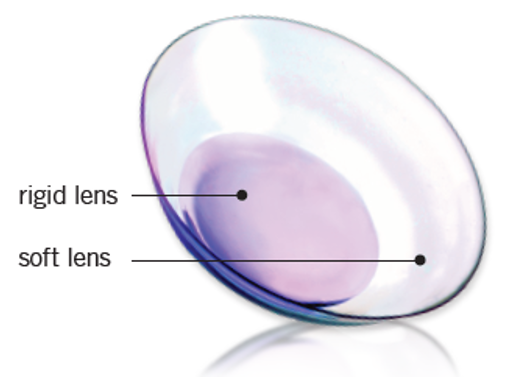
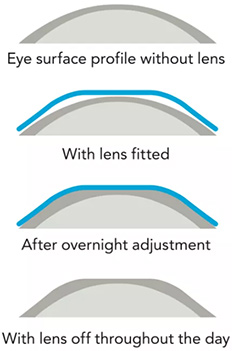
We begin with a comprehensive eye exam. This is the same eye exam you get on a yearly basis to determine your refractive error and overall eye health. This will give us enough information to determine if specialty contact lenses are right for you. We will then schedule a separate contact lens fitting session. During this exam, we map out the curvature of your corneas to determine the proper size and shape of your new specialty lenses. Often we will have diagnostic lenses in the office that will be used to further evaluate the fit and vision. Special instrumentation called an OCT will measure the clearance between the contact lens and the cornea. A custom lens with your specifications will then be ordered from the lab. It usually takes about a week for the lab to get the lenses back to us. You will return to the clinic to have the fit and visual acuity of your new lenses evaluated. If changes need to be made, the doctor will reorder lenses from the lab. A technician will instruct you on insertion and removal of the contacts and discuss the proper care. Generally there will be at least one more follow up to evaluate how the new contacts are performing. All follow ups are included in the fitting fee.
Dr. Ryan Felten runs our specialty lens clinic. If you are interested in being fit with a specialty contact lens, please call our office and make an appointment with Dr. Felten for your initial comprehensive exam. If you would like more information on specialty lenses or our clinic, please fill out the contact form below and we will get back to you.

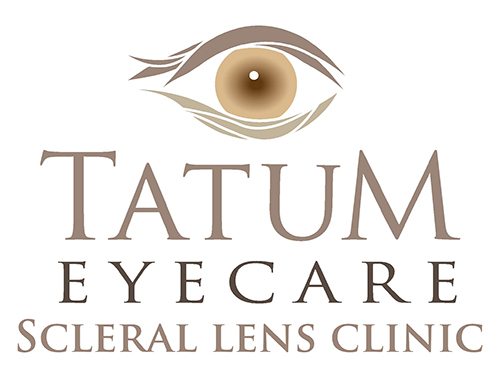
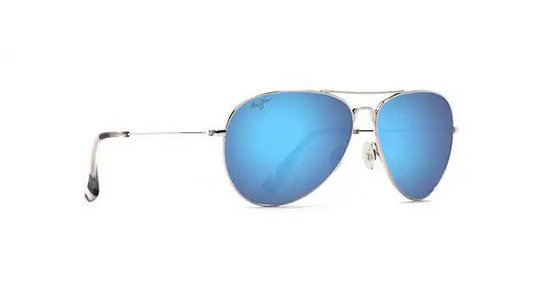
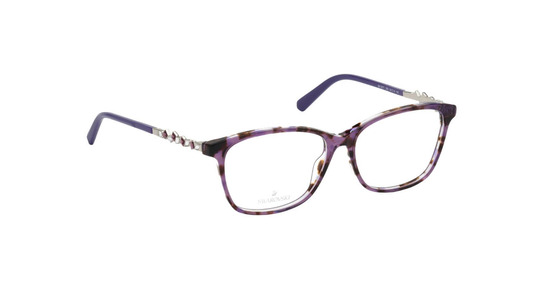
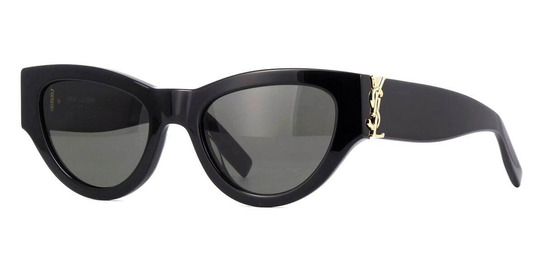
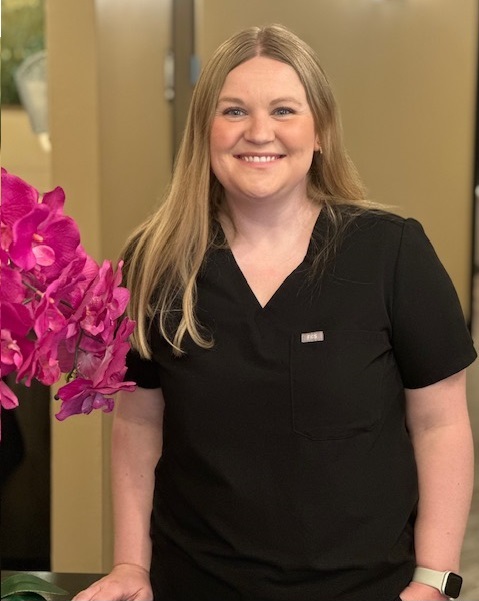



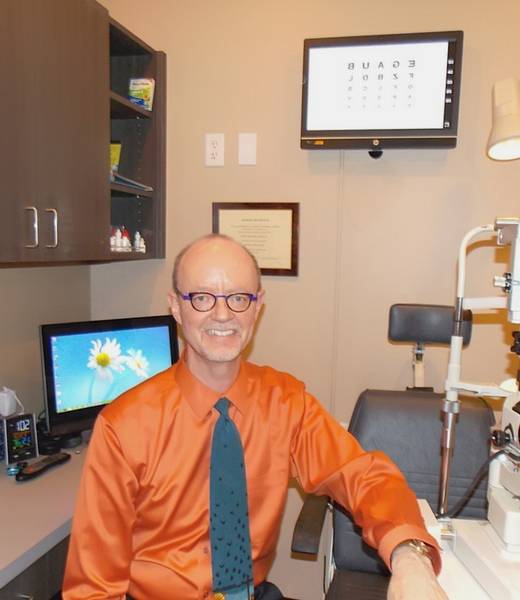

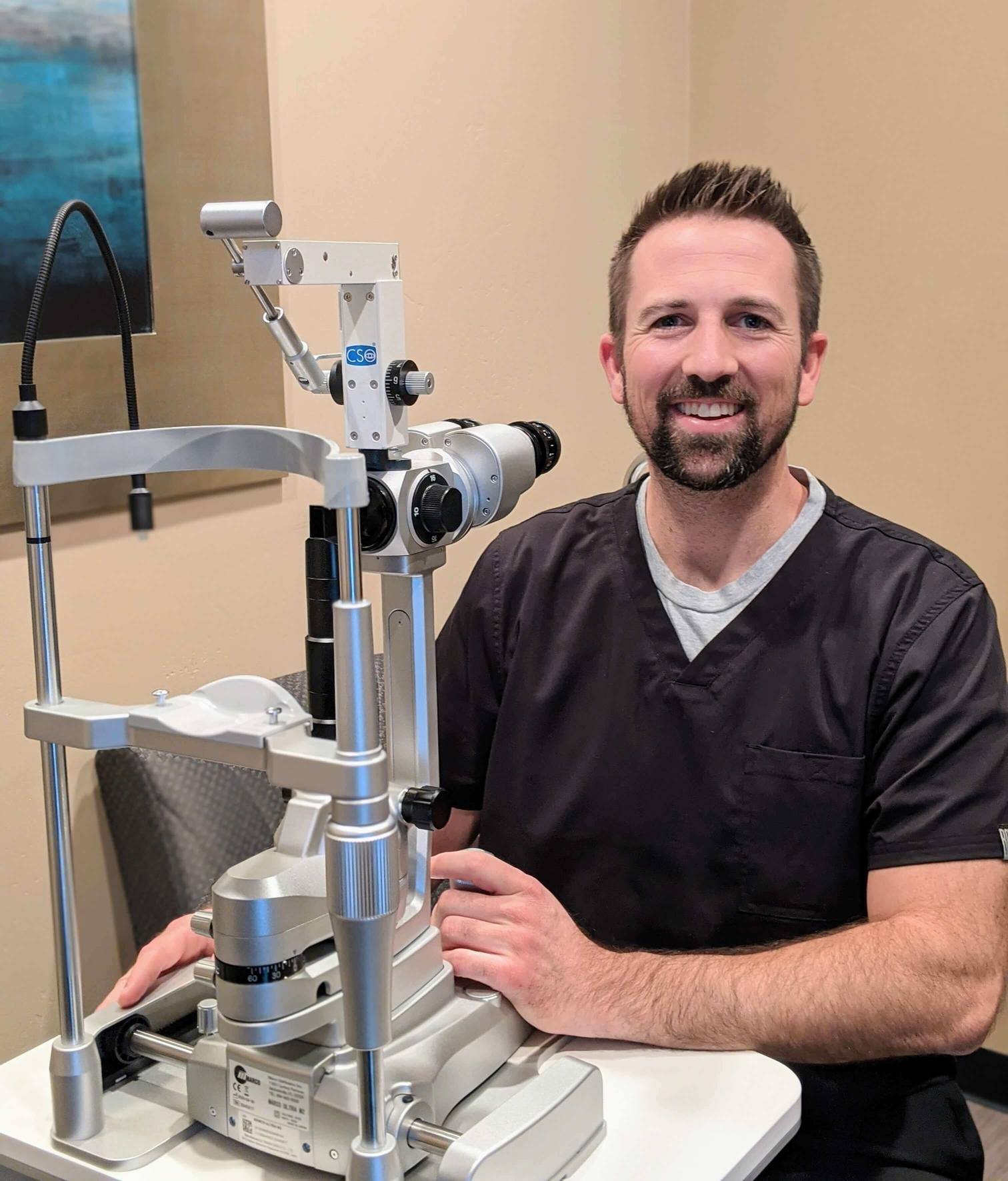
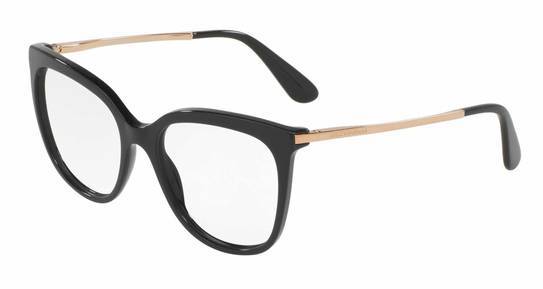






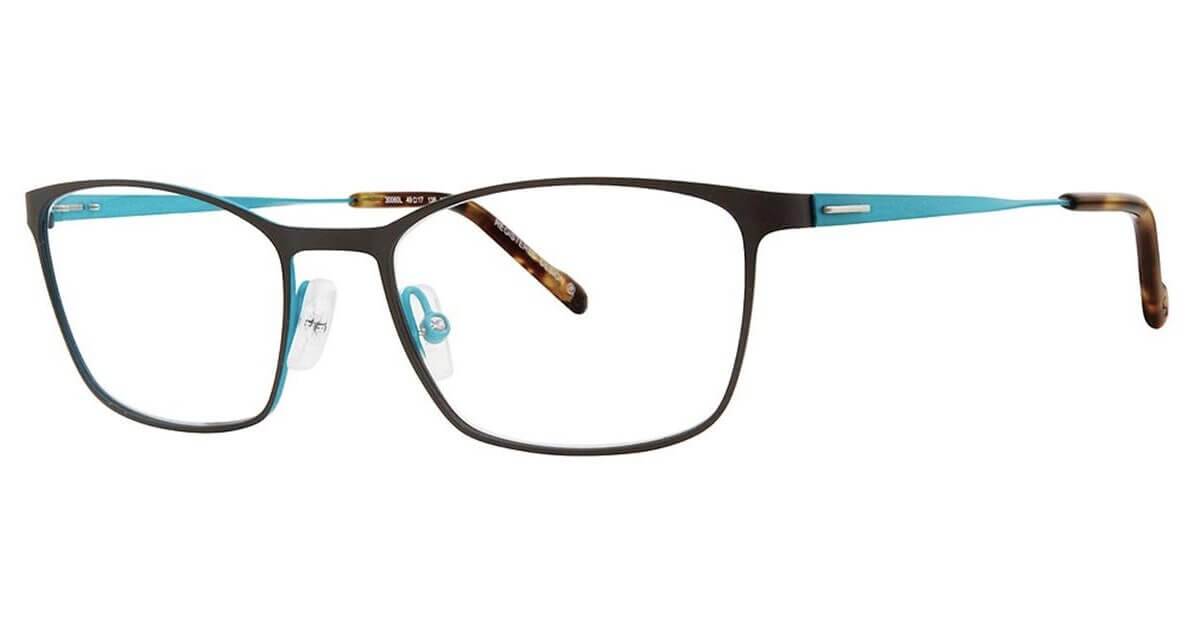

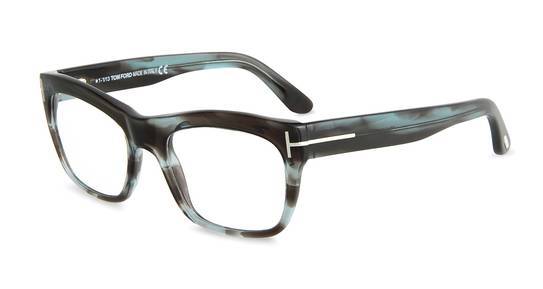
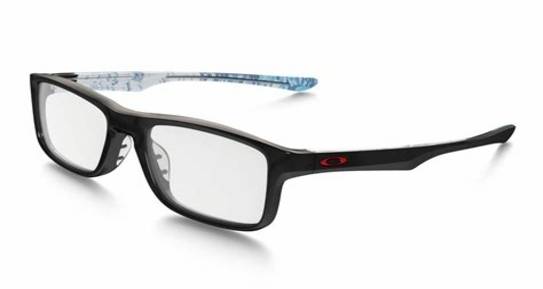
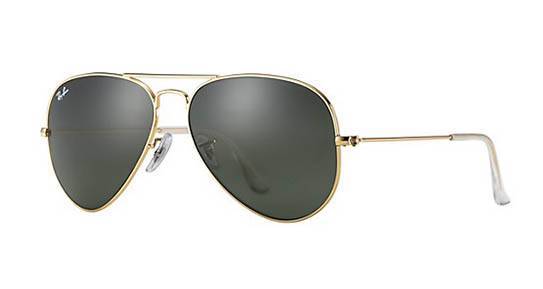
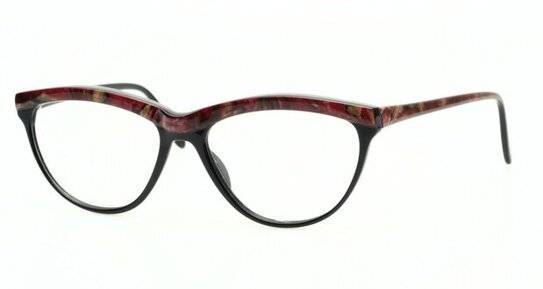
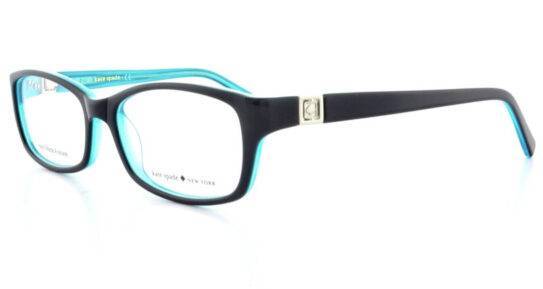
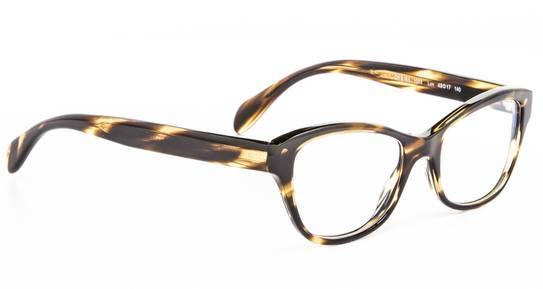

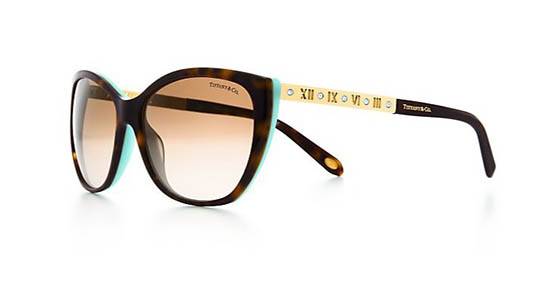
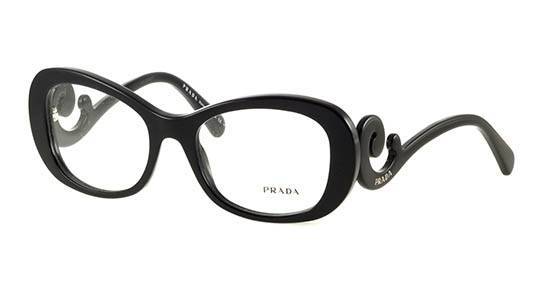
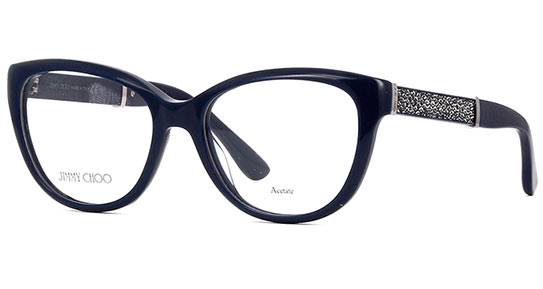
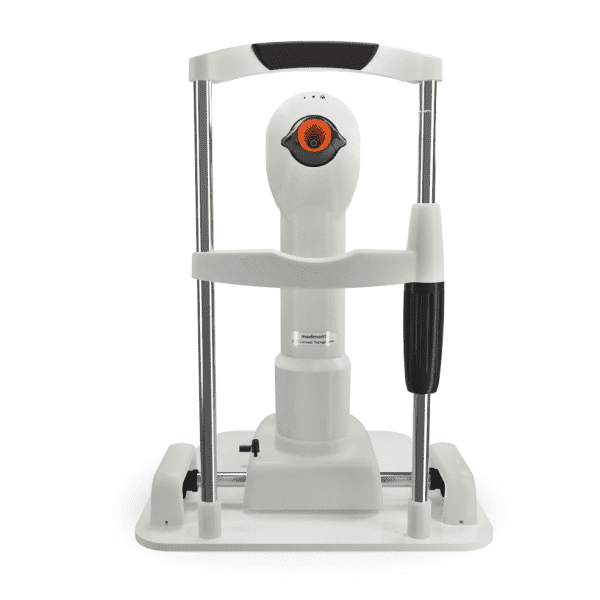
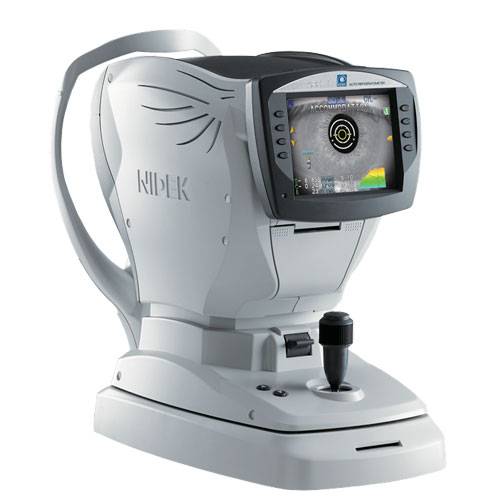
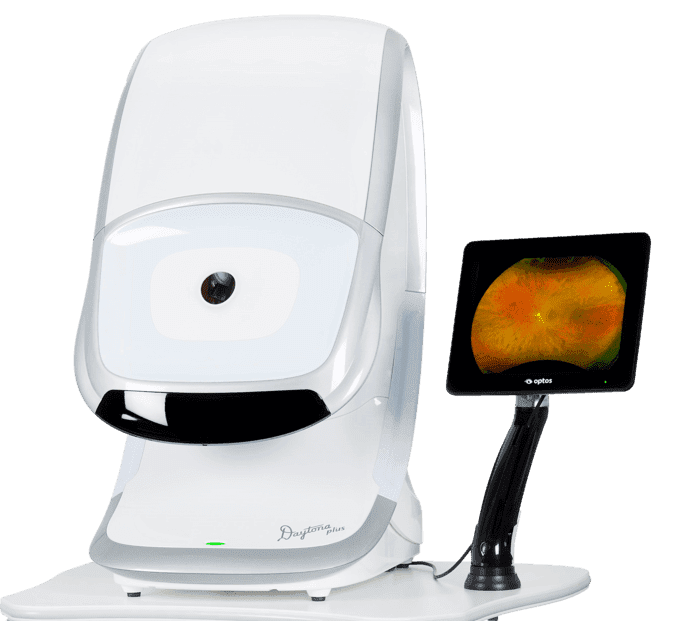
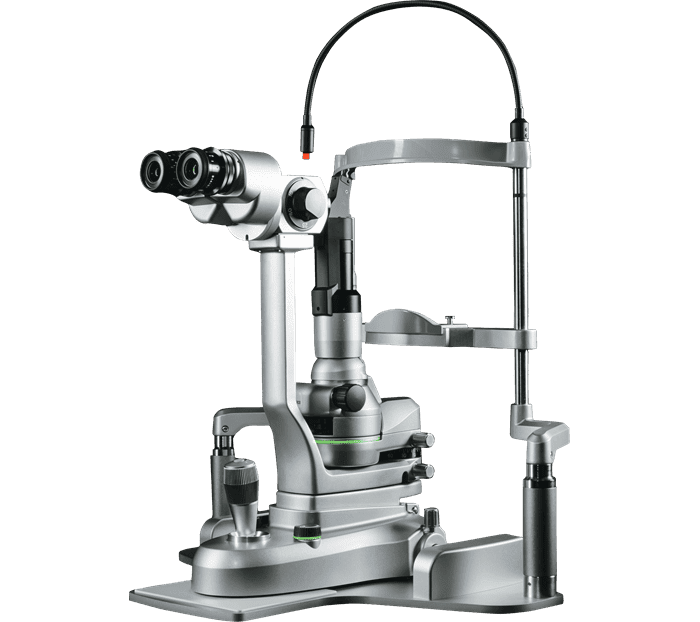
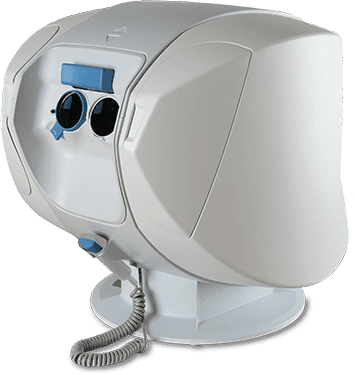
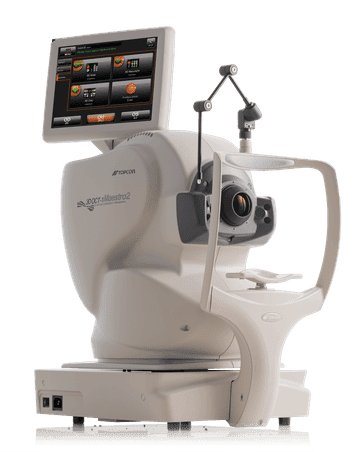
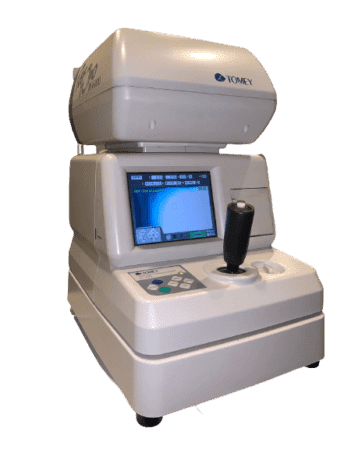
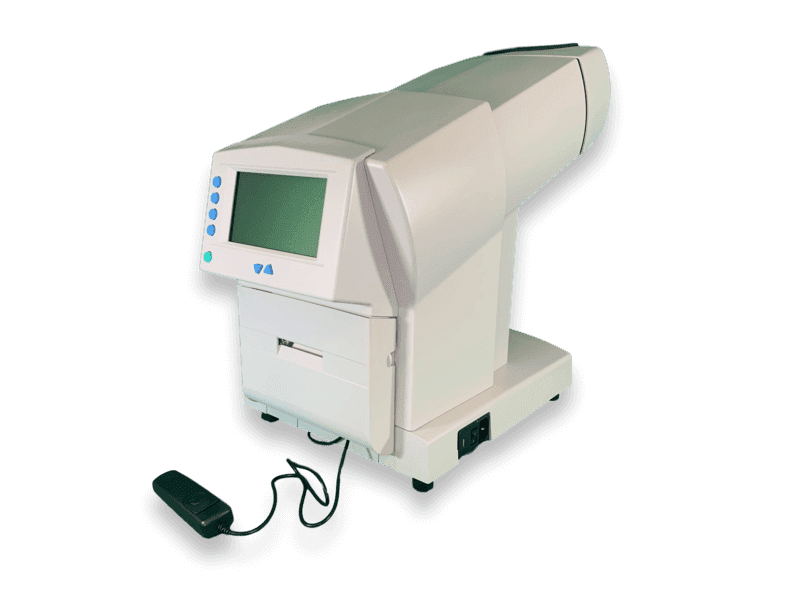
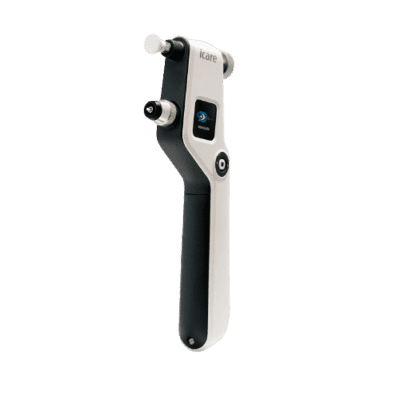
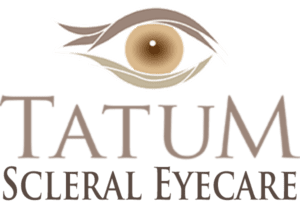
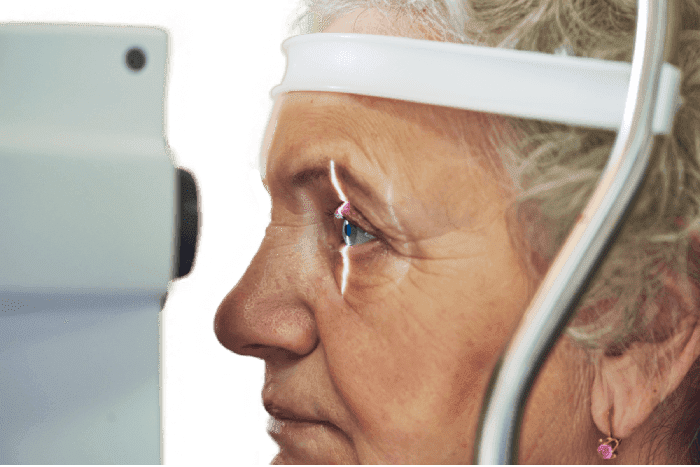
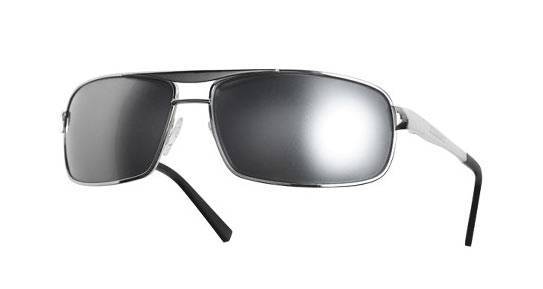 Dillon Optics, the performance eyewear arm of Dillon Precision, have a unique non-reflective, matte lens appearance incorporated with NIR lens technology. This produces noticeably sharper clarity, and protects the lens from damage and harmful environmental conditions. Perfect for outdoor sports and activities where precision vision is required. Tatum Eyecare carries a wide variety of Dillon Optics eyewear.
Dillon Optics, the performance eyewear arm of Dillon Precision, have a unique non-reflective, matte lens appearance incorporated with NIR lens technology. This produces noticeably sharper clarity, and protects the lens from damage and harmful environmental conditions. Perfect for outdoor sports and activities where precision vision is required. Tatum Eyecare carries a wide variety of Dillon Optics eyewear.




